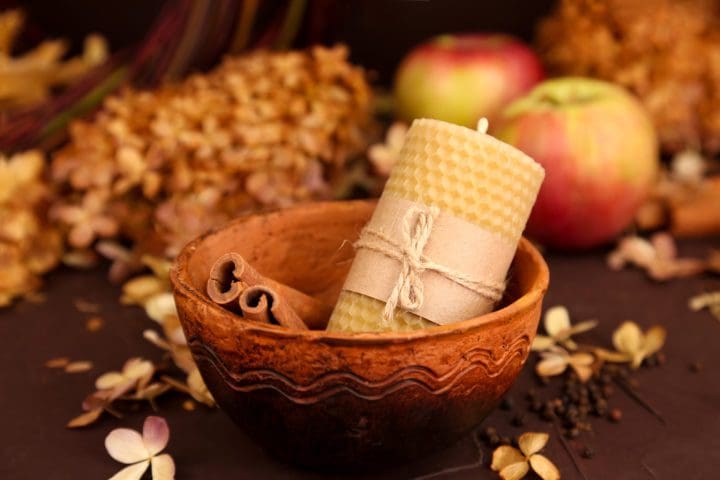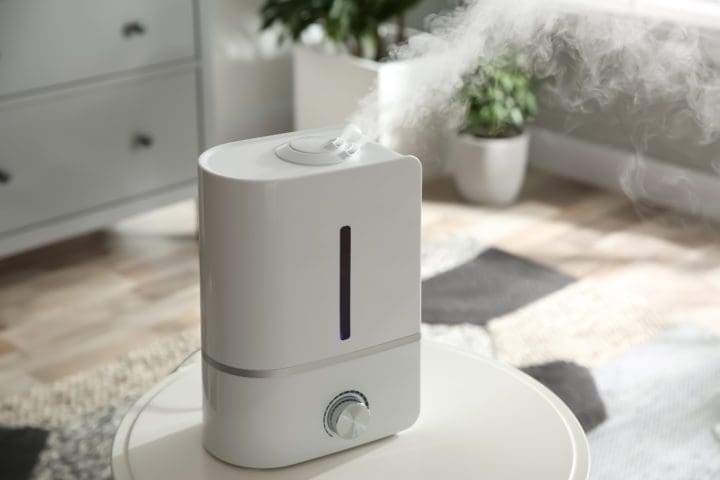Air Freshening Hacks: A Smell-Free Home For All Seasons
posted by Stacie on August 4, 2023
// Comments Off on Air Freshening Hacks: A Smell-Free Home For All Seasons
Spring Cleaning Your Air A Smell-Free Home For All Seasons
Maintaining fresh and clean air is essential in creating a welcoming home environment. It enhances the overall living experience, offers an inviting ambiance, and contributes to better health and general well-being. We hope that this Air Freshening Hacks: A Smell-Free Home For All Seasons post inspires you.
A home, however, is a dynamic space. Over time, it can accumulate various odors from cooking, pets, and even changes in the outdoor environment, which come with each season. These elements can infiltrate the home and contribute to an unpleasant, persistent scent that is challenging to dispel.

Fostering a soothing, revitalizing, and odor-free environment in your living spaces is integral to your home's overall ambiance. This article delves into indispensable air-freshening strategies that guarantee a perpetually fragrant home, irrespective of the season.
Using Herbs and Flowers : A Smell-Free Home For All Seasons
Spring signals the arrival of warmer temperatures and a marked increase in allergens. Both factors can alter the quality of indoor air. To combat this, consider the following:
Summer Scents: Keeping Your Home Cool and Fresh
Invest In An Air Purifier
Spring is the time when plants start to pollinate, leading to a high pollen count in the air. For those with allergies, this can be particularly problematic. One practical solution is investing in the best air purifier for odors, which can remove allergens, pollen, and other pollutants from the air.
Leverage The Power Of Essential Oils
Essential oils are natural air fresheners that provide a soothing aroma and help eliminate residual musty winter smells. Oils with antibacterial properties, like tea tree or eucalyptus, are particularly beneficial for spring cleaning. Use these oils in a diffuser or add a few drops to your cleaning solutions for a fresh, clean-smelling home.
Use Homemade Citrus Spray
When infused in vinegar, citrus peels make an excellent homemade air freshener. Citrus fruits like oranges, lemons, and grapefruits have a strong, fresh aroma that can overpower unpleasant smells in your home.
Simply collect the peels, place them in a jar with vinegar, and let the solution steep for a couple of weeks. The result is an all-natural, zesty spray that can freshen up the rooms of your house while also acting as a disinfectant.

Natural Air Freshening Solutions
Summer is synonymous with heat and humidity, which can lead to distinct odors in the home. To effectively manage this, consider the following tips:
Employ A Dehumidifier
With summer's high humidity level, the air within the home can quickly become stale and musty. Dehumidifiers are excellent tools for controlling humidity levels and maintaining freshness indoors. They work by removing excess moisture from the air, thus mitigating the risk of mold and mildew growth, common culprits for unpleasant odors.
Grow Aromatic Herbs
Planting herbs like lavender, mint, and rosemary indoors offer dual benefits. These plants provide fresh herbs for cooking and act as natural air fresheners. These aromatic herbs emit pleasant fragrances that can permeate your home and mask undesirable smells.
They're a delightful addition to your interior decor and can improve indoor air quality by producing oxygen and reducing carbon dioxide levels.
Use Homemade Potpourri
Homemade potpourri is a natural and effective way to keep your home smelling sweet during the summer. You can dry summer flowers and mix them with your favorite essential oils to make potpourri.
Spread the dried flowers on a tray, add a few drops of essential oil, and allow the mixture to infuse for a couple of weeks before placing it in bowls around your home. The result is a long-lasting, natural fragrance that adds a touch of summer to your home.
How To Style Your First Home Like Pro
Air Freshening Hacks in Autumn seasons
Autumn brings a cool breeze, beautiful colors, and, unfortunately, dampness and fallen leaves. Here's how to combat these seasonal odors:
Deal With Fallen Leaves Promptly
Fallen leaves that become wet and start to decompose can emit an unpleasant, musty smell. Regularly clearing these leaves away from entrances and outdoor areas can stop this odor in its tracks. This simple chore can make a big difference in preventing those moldy smells from sneaking into your home.
Use Cinnamon And Spices
Cinnamon and other aromatic spices like cloves and star anise can be simmered in water to release a delightful fragrance. Adding these spices to boiling water and letting it simmer on the stove can fill your home with a comforting and cozy scent, masking any unpleasant odors.
Use Beeswax Candles
Beeswax candles offer a great alternative to traditional paraffin candles. Not only do they provide a comforting glow and emit a subtle, natural scent, but they also purify the air. Beeswax candles release negative ions when burned, which can bind with toxins and allergens, effectively neutralizing them.
What do Home Organizers Do, and Do I Need One?
Air Freshening Hacks in Winter Seasons
Winter, while a season of warmth and togetherness indoors, often means trapped odors. Here's how to combat them:
Use Odor-absorbing Materials
Charcoal bags or baking soda are fantastic odor absorbers. They can be placed in enclosed spaces like closets, cupboards, or refrigerators to help absorb any unwanted smells. Baking soda, in particular, is excellent for refrigerators, while charcoal bags can be effectively used in larger areas such as living rooms or bedrooms.
Use Salt Lamps
Himalayan salt lamps are believed to purify the air by generating negative ions. These ions can neutralize a range of pollutants, including allergens, smoke, and dust, which can contribute to odors.
Plus, the soft, warm light they emit creates a soothing ambiance, making them an excellent addition to any room during the chill of winter. While scientific evidence supporting these benefits is limited, many people report improved air quality and reduced odors when using salt lamps.
Maintaining a smell-free home throughout all seasons involves a combination of regular cleaning, strategic use of natural and mechanical air purifiers, and adapting to the unique conditions each season brings. With these comprehensive tips, your living space can remain fresh and inviting throughout the year, no matter the season. Air Freshening Hacks.
Best Home Improvement Tax Deductions to Put Money Back Into Your Pocket
Comments Off on Air Freshening Hacks: A Smell-Free Home For All Seasons






